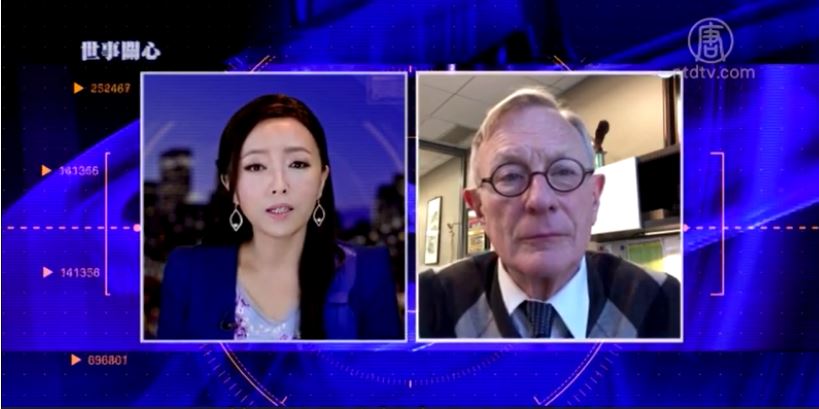
|
January 30, 2018
NTD Interview
|
|
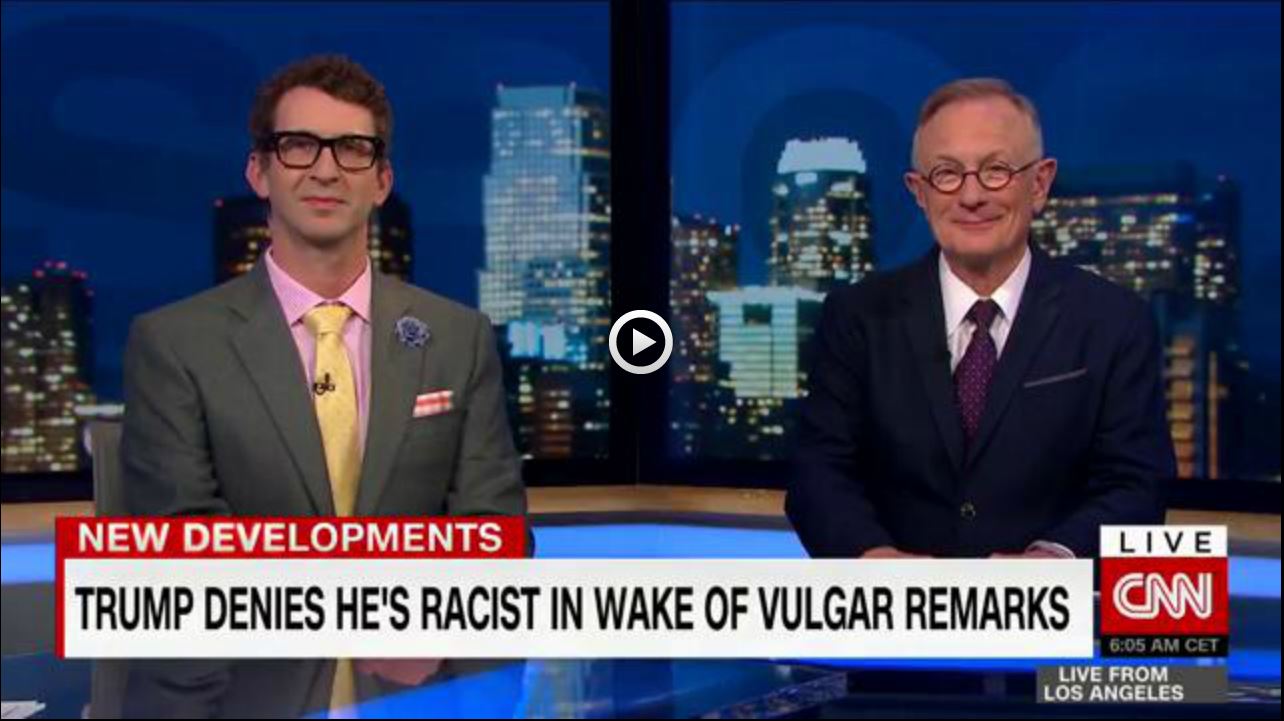
|
January 16, 2018
CNN Interview - Part 1
|

|
January 16, 2018
CNN Interview - Part 2
|
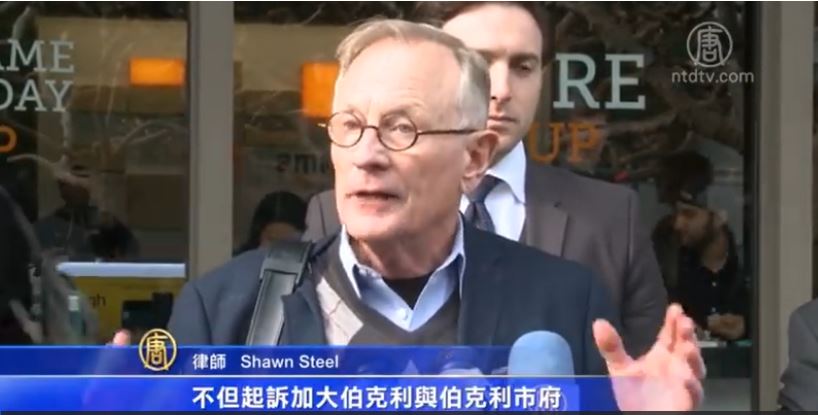
|
January 16, 2018
Press Conference
|
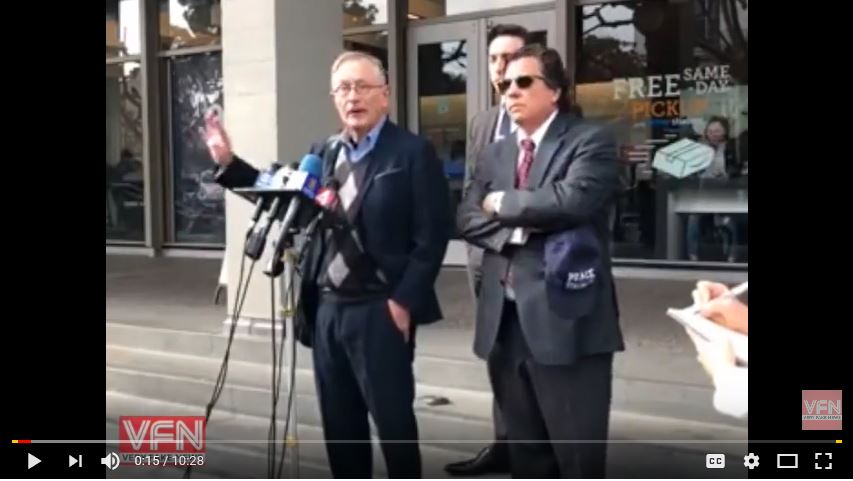
|
January 16, 2018
Press Conference
|
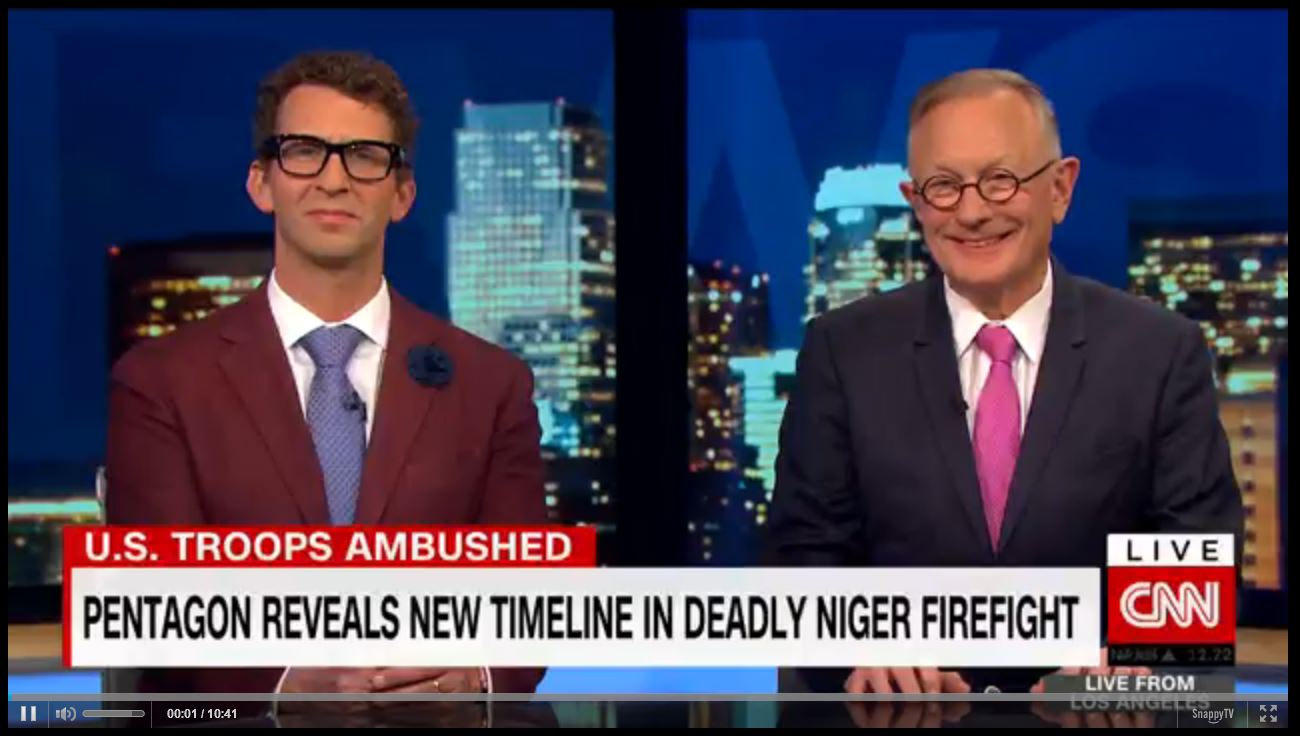
|
October 24, 2017
CNN Interview
|
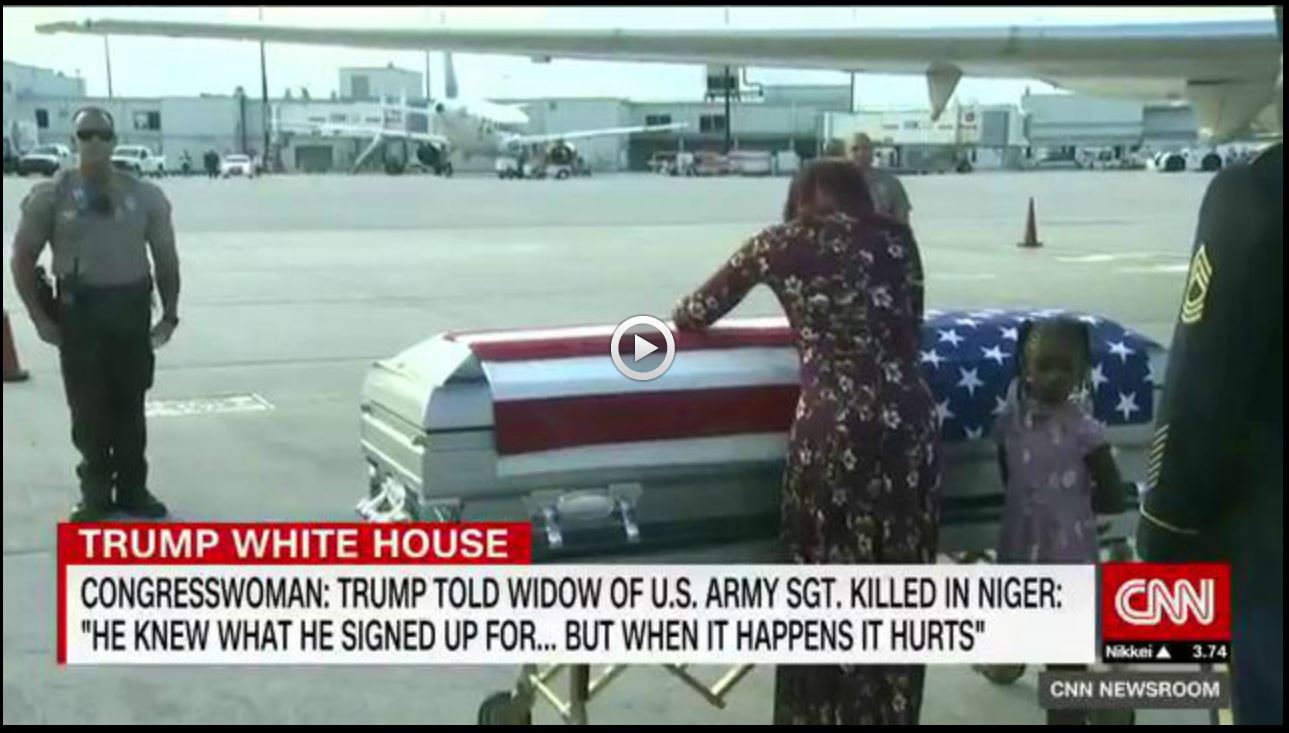
|
October 18, 2017
CNN Interview
|
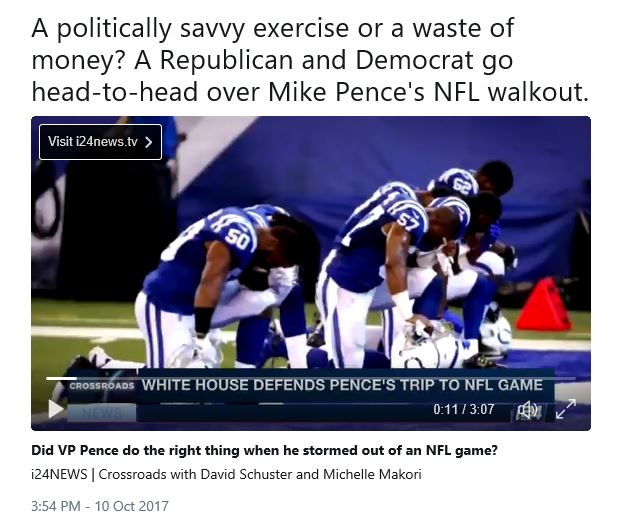
|
October 10, 2017
i24News Interview
|
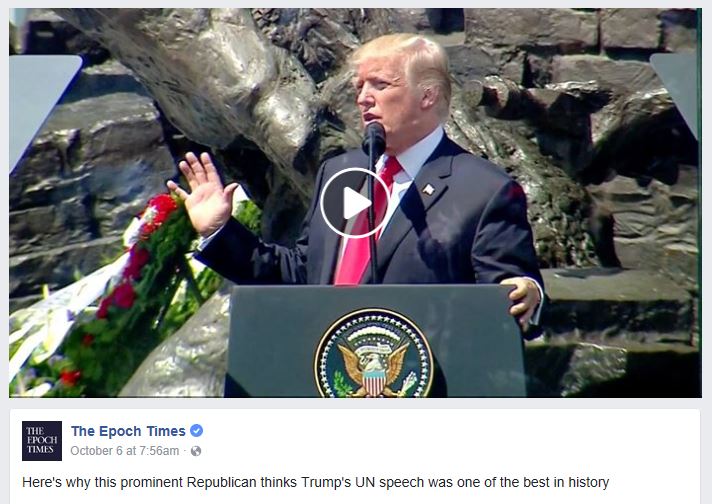
|
October 6, 2017
The Epoch Times Interview
|
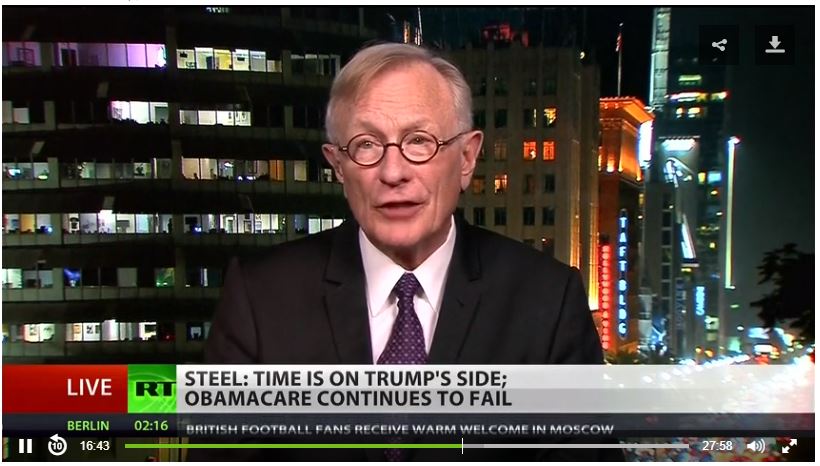
|
September 27, 2017
RT America Interview
|
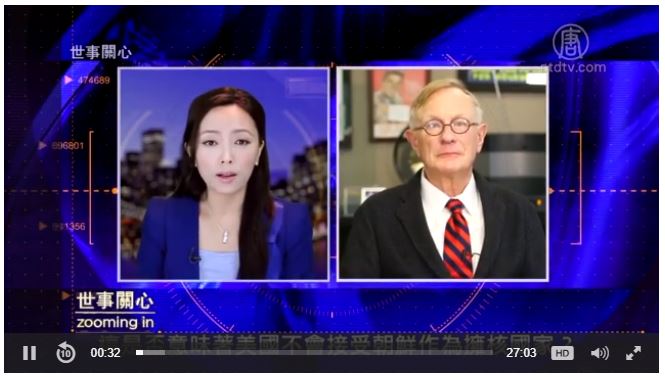
|
September 26, 2017
NTD Interview
|
|
|
|
|
|
|
|

Presidential Funding
December 12, 2006
Tim Clark tells us the number one indicator of political success is money in the bank. It looks like the three major Republican presidential candidates are burrowing in the California money tree.
Ultra Heavy weight Anne Dunsmore of Capitol Campaigns [Pete Wilson and W] will take charge of Gov. Mitt Romney's fund raising efforts. She worked with Gov. Romney when he served as Chair of the Republican Governors Association, 2004, and his Commonwealth PAC. She has the best Rolodex in town from raising millions and millions for President Bush alone.
Another millions and millions fundraiser Casandra Vandenberg, will head McCain's effort with an impressive list of a half a dozen experienced regional fundraisers. She will be moving to a reported 11,000 square foot HQ in Century City in the near future. McCain will use LA as one of his three National Headquarters. That is a first in a long time for California.
Finally, financier Bill Simon is tapped to run Rudy Giuliani's effort here. Simon a prodigious fund raiser himself, active in political and charitable circles, promises to make California the most sought after location for republicans presidential seekers anywhere in the country. Coincidentally, Bill Simon's office is on the same floor as key Bush friend and fundraising impresario Brad Freeman. Freeman reportedly has not yet chosen a candidate.
Particularly interesting is that all three fund raising operations will all be located within 2 miles of each other in West Los Angeles.

20 Million Questions
December 06, 2006
BOE Member Bill Leonard has twice mentioned in his weekly newsletter questions as the effectiveness of the CRP's 20 million GOTV effort. He calls for a "performance audit". See here.
Coincidentally, the CRP Board of Directors will meet face to face at their Sacramento Headquarters this Friday. Just added to the agenda will be a full and frank discussion of the effectiveness of the GOTV program. Steve Kinney will present a detailed post election analysis, which would show that our down ticket candidates [Mc Clintock and Strickland] won the absentee votes but lost dramatically with election day voters. [ See Brandon Powers blog Dec 6 here]. More interesting is that the majority of voters were white, older, married and home owners. What gives? In the meanwhile, who raised the 20 million and how did it get spent? Board members are promised they will see all direct mail that was issued by the CRP and review all scripts used at the telephone centers. These are important questions for me. This is my last CRP Board meeting and I owe lunch to Mike Spence. I bet him that a big Arnold turnout would definitely help Tom and Tony.

Brownback The Only Conservative?
December 04, 2006
Last Friday, at financier Doug Brown's Manhattan Beach ocean view home, Sen. Sam Brownback 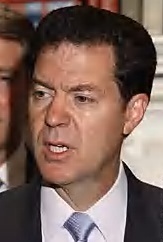 announced that he would open his Presidential Exploratory Committee today. The Senator pointed out that in politics " anything " can happen. Given, that conservative Sen. George Allen is no longer, in less than a month, proves the point. Explaining how he would succeed, Brownback (pictured to the right) pointed out the obvious. It's all about Iowa. Kansas which shares a long geographical border also share common political instincts. The nature of that Primary demands intense retail politics. Brownback has nurtured his contacts there since he was elected to Congress in 1994. The Senator correctly believes that if he shows well in the Iowa primary his campaign could ignite nationally. Sen. Rick Santorum help convert Sam Brownback into Roman Catholicism in 2002. As such it was no surprise seeing several prominent Catholic leaders. Brownback expects to lead social conservatives and his impressive foreign policy credentials will help him defense minded conservatives. Brownback authored the breakthrough North Korean Human Rights Act and chaired the Helsinki Commission.

Taxes good for Business
December 01, 2006
LA attorney Paul Kavesh paid for a full page ad in the Daily Breeze entitled "The Democrats are back in power". He asked, "what do you do with your estate plan now?" Kavesh promises that "an overflow audience is anticipated" at his seminar and the Dems will soon increase estate taxes and income taxes.
In order for you to adjust to the new tax climate you can register for his seminar at the Torrance Hilton until tomorrow night. (See the two-part ad below.)
Estate planner Kavesh certainly is betting that with Dems in power there will be immediate trauma to those who own real estate in California. At least this tax specialist gets the joke. Bad news for those who work, are homeowners and are over 45.

Arnold must steer clear of drift to left
November 17, 2006
THOUGH he’s served less than a full term, Gov. Arnold Schwarzenegger has assumed at least three distinct public personas – the middle-of-the-road populist reformer, the conservative anti-government reformer, and the Republicrat populist reformer who just won re-election.
Which of those will be dominant in an administration afflicted with MPPS: Multiple Political Personalities Syndrome? Or will a new, fusion personality emerge?
As a conservative, I’m rooting for the re-emergence of Schwarzenegger circa 2005, who pledged to “blow up the boxes,” eliminate the structural deficit and rein in the powerful government unions. After all, those problems haven’t gone away, and in the wake of a 16-point re-election victory and the passage of his entire bond package, Schwarzenegger can make a strong case that the infrastructure crisis has been addressed and now is the time to fix the structural defects that keep state government finances in perpetual deficit.
As a co-founder of the Gray Davis recall, I’d be happy with the return of the 2003 populist-centrist who kept his promise to repeal the car tax and used his popularity and momentum to muscle legislative Democrats into passing meaningful reform of our job-killing workers’ compensation system.
But as a realist, I think it’s most likely Schwarzenegger will begin his second term the same way he ended his first: as a hybrid Democratic-Republican. It is in that incarnation that he has enjoyed his greatest success as governor – if by success you mean passing legislation and earning plaudits from the mainstream media and Democratic politicians.
Schwarzenegger has already made it clear that insuring those without health insurance is going to be his top priority. Given his recent track record, that most likely means expanding the role of government in the health care system.
Recently, the governor has shown little reluctance to sign legislation imposing costly new mandates on business – witness, for example, his approval of the greenhouse gases bill and two minimum-wage increases. Thus, I think it’s unlikely Schwarzenegger will try using his massive re-election victory to make the Democratic Legislature accommodate itself to a more market-oriented health care reform. But, he could surprise us.
Arnold endured one of the most profound political beatings ever experienced in California with last year’s Big Labor $160 million, nine-month media campaign.
He invested over $7 million of his own money supporting important structural reforms such as ending gerrymandering and permanently controlling state spending. And, who doesn’t believe Arnold isn’t still smarting from all those personal attacks that would have criminalized Mother Teresa?
It would be a shame and a waste of a remarkable political comeback and re-election triumph should Arnold drift left. After all, given the left-wing nature of this Legislature, any warm body in the Governor’s Office could expand the size and scope of government. But it would take a leader with vision and determination to fight for the hard-but-necessary reforms without which California government is doomed to fiscal instability and chaos.
We can only hope the governor realizes the way to historical relevance and good government lies down the latter path.

Review: The People's Machine
September 19, 2006
Los Angeles Times reporter Joe Mathews' new book, The People's Machine: Arnold and the Rise of Blockbuster Democracy is quite the rage in Sacramento and for California political junkies. Mathews recounts the political formation of Arnold Schwarzenegger and the origins of the 2003 Gray Davis Recall that dethroned a sitting governor for the first time in 80 years - and elected Arnold Schwarzenegger in his place.
That time now seems like eons ago, but we should remember the California Republican Party was on its back following the November 2002 election disaster in which all but one statewide GOP candidate went down to defeat. The Party had reached a nadir. Much of the organized big business community had deserted to Gray Davis, with the state Chamber of Commerce and the Business Roundtable served as affable allies against Republicans, and particularly Bill Simon.
Then, just days after being re-elected, Davis admitted he misstated the size state deficit by billions of dollars and the chattering classes in Sacramento began chattering about major tax increases.
I was California Republican Party chairman at the time and was at a conservative networking meeting in Sacramento the December following the election. Ted Costa approached me with his idea for recalling Gray Davis.
I thought the idea was absurd.
Soon afterward, I was a guest on Melanie Morgan's talk radio program on KSFO in San Francisco and she pressed me for an alternative to four more years of Gray Davis. I blurted out there was "talk of a recall" - a n idea Morgan loudly and immediately embraced. I carefully explained I was unfamiliar with the legal, timing and practical aspects of a gubernatorial recall but would report back to her listeners. But when "Fred from Petaluma" phoned in to the show that he would drive to downtown San Francisco and pick up 50 petitions, I could sense a voter volcano was erupting.
Immediately after appearing on Morgan's show, Bob Johnson asked me to come on his Voice of the Valley radio show in the north San Joaquin Valley to discuss this recall idea. The prairie fire was starting.
In theory, qualifying a gubernatorial recall would be a breeze. We only needed signatures equaling 5% of the combined gubernatorial vote from in the last election - when the turnout was historically low. And we had 5 months in which to do it.
To our dismay, most of the California Republican leadership was cool to the idea - to put it mildly. Gerry Parsky, President Bush's man in California was hostile to the recall until almost the very end. These GOP leaders feared the recall would fail and embarrass the party - to which I responded the state GOP was already embarrassed and had nothing to lose because Republican legislative leaders were leading an army of invalids with no power in Sacramento.
Fortunately, the recall was not dependent on the state party leadership, and unified conservative grass-roots support pushed the California Republican Party executive committee and convention to endorse the recall in February 2003 -- notwithstanding the formal opposition from our national committeeman, Gerry Parsky and GOP legislative leaders.
During the next six months, I was busier than I ever dreamed I would be as an outgoing party chairman, working the talk radio circuit and plumping the recall. A true boon to our efforts was the fact that recall petitions could be downloaded from the Internet. For the first time in history, a public official could be recalled via the Internet. Moreover, support from dozens of conservative talk radio hosts around the state meant we were in virtually daily communication with more than 2,000,000 conservatives. The fusion of these two mediums produced more than 100,000 signatures in the first 30 days.
The People's Machine author Joe Mathews did his homework, interviewing hundreds of key players in this first-of-its-kind political earthquake. I can vouch for the accuracy of Mathew's description of events to which I was a party or of which I knowledge, which leads me that accuracy extends throughout the book.
Readers of this column will know many of the individuals Mathews writes about. Readers will be surprised to learn what prompted Darrell Issa to fund the signatures -- and what events led to Arnold's declaration of candidacy when he was still sporting the Terminator haircut.
The ripples of the Arnold phenomenon continue to roil California's political waters. Mathews' book traces Schwarzenegger's political formation and entry into national and state politics, his victory in the 2003 recall victory, his early dealings and successes with the legislature through the mashing Arnold received from the $164,000,000 media barrage against him and his 2005 "Year Of Reform" initiatives.
It's clear from Mathews' book that even a savvy player like Arnold didn't understand the naked power of unlimited union spending, and the Mathews explains why Arnold plunged more than $ 7,000,000 of his own money into an ultimately failed effort to pass his raft of reform initiatives. I've e never seen any Governor work so hard for a losing cause.
Now Arnold is back. Eviscerating Angiledes, co-opting Republicans and Democrats, business and labor, Indians and Labor, Latinos from mainstream democrats, Arnold always needs to be the center of attention. He doesn't like predictability. Joe Mathews understands this better than anyone. The People's Machine is destined to be the classic definer of the Age of Arnold.
|
Articles
2025
2024
2023
2022
2021
2020
2019
2018
2017
2016
2015
2014
2013
2012
2011
2010
2009
2008
2007
2006
2005
2004
2003
2002
2000
1998
1996
|